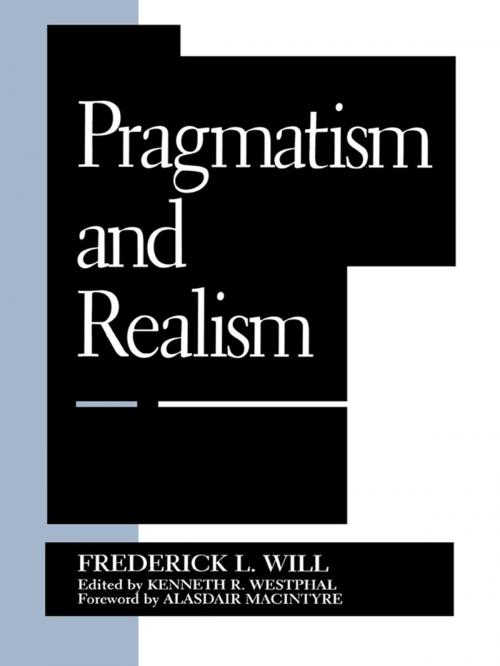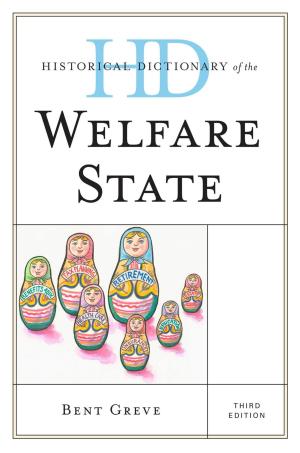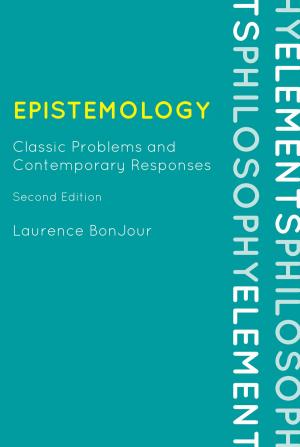| Author: | Frederick L. Will, Kenneth R. Westphal, Alasdair MacIntyre | ISBN: | 9781461641162 |
| Publisher: | Rowman & Littlefield Publishers | Publication: | December 12, 1996 |
| Imprint: | Rowman & Littlefield Publishers | Language: | English |
| Author: | Frederick L. Will, Kenneth R. Westphal, Alasdair MacIntyre |
| ISBN: | 9781461641162 |
| Publisher: | Rowman & Littlefield Publishers |
| Publication: | December 12, 1996 |
| Imprint: | Rowman & Littlefield Publishers |
| Language: | English |
'I have no doubt at all, that if philosophy is to prosper in the coming decades, it will have to treat with great seriousness that splendid seriousness that splendid body of philosophical writing of which the essays in this volume constitute one major part'. from the Foreword by Alasdair MacIntyre When historians of philosophy turn to the work of distinguished philosopher Frederick L. Will, Pragmatism and Realism will be an important part of the discussion. In this collection of nine essays, Will demonstrates that a social account of human knowledge is consistent with, and ultimately requires, realism. A timely contribution to the current debate, the book culminates in a naturalistic account of the generation, assessment, and revision of cognitive, moral and social norms. It is written clearly enough for undergraduates, and includes a critical introduction by the editor discussing the bearing of Will's views on current debates among analytic epistemologists, philosophers of science, and moral theorists.
'I have no doubt at all, that if philosophy is to prosper in the coming decades, it will have to treat with great seriousness that splendid seriousness that splendid body of philosophical writing of which the essays in this volume constitute one major part'. from the Foreword by Alasdair MacIntyre When historians of philosophy turn to the work of distinguished philosopher Frederick L. Will, Pragmatism and Realism will be an important part of the discussion. In this collection of nine essays, Will demonstrates that a social account of human knowledge is consistent with, and ultimately requires, realism. A timely contribution to the current debate, the book culminates in a naturalistic account of the generation, assessment, and revision of cognitive, moral and social norms. It is written clearly enough for undergraduates, and includes a critical introduction by the editor discussing the bearing of Will's views on current debates among analytic epistemologists, philosophers of science, and moral theorists.















